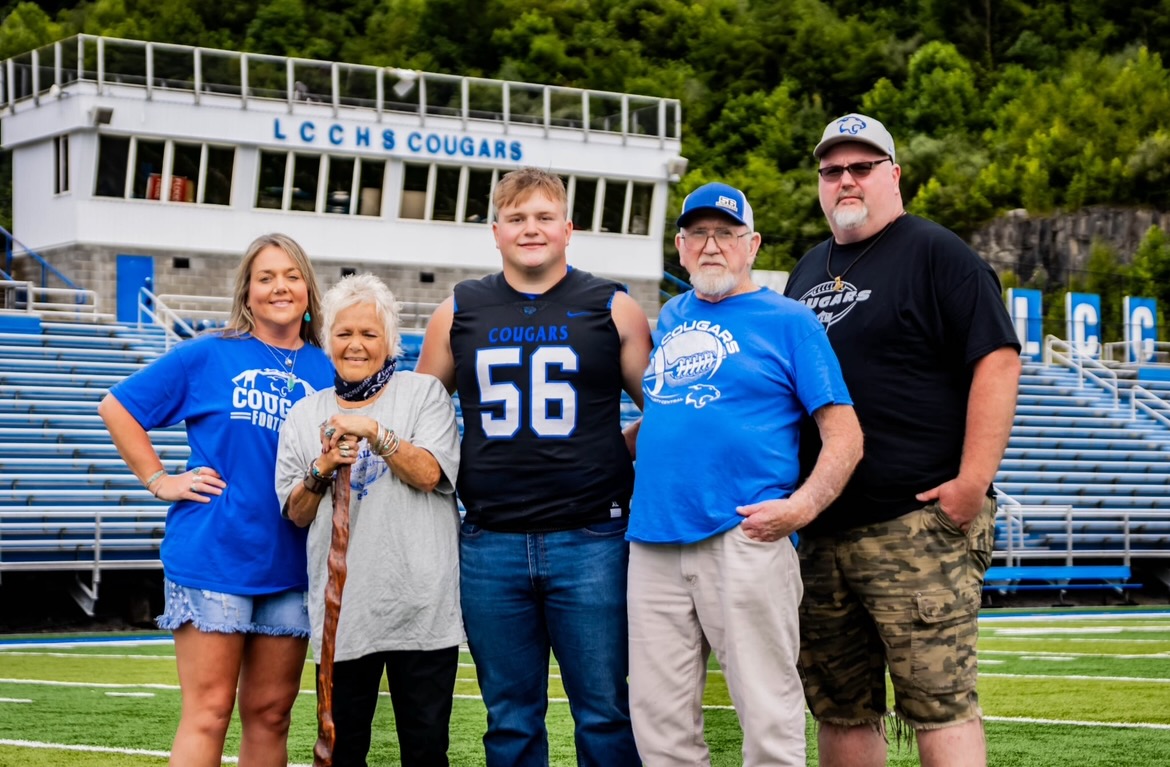I remember the first time I ever felt the magic a book could offer. I was six, sitting in my bean bag chair, as my mom read me a book I had brought home from my school’s library: Where The Wild Things Are. In the book, Max, the protagonist, is sent to his room after his mother becomes exasperated with his mischief. While there, Max imagines a life far, far away from the gripes of his exhausted mother to a land of welcoming wild things. As a shy, awkward kid who was often lonely at school, I was envious of the acceptance Max encountered in the new land. However, the book's message gave me a critical understanding at an early age that it’s okay to feel sad–life is hard–but I must learn to be kind.
It is every writer's prerogative to unveil the stories that capture their minds and share them with the world, unbridled by society. And we owe it not just to writers’ visions, but to readers’ hunger for knowledge, to appreciate the gifts and lessons of every piece of literature. From Charlotte’s Web to 13 Reasons Why, to Bridge to Terabithia to The Hate U Give, these are all narratives that continue to resonate with young people–but also anyone navigating the complexities of life. These readers understand that between the pages of forbidden tales lie thought provoking insight, invaluable knowledge, and diverse perspectives.
In the first half of the 2022-23 school year, book bans increased by 28% in U.S. public schools, as reported by PEN America. All of the aforementioned books, including Maurice Sendak’s Where the Wild Things Are, have been among the ones subject to bannings in school and public libraries. Furthermore, whether or not schools can remove certain books from their libraries has become a politically charged debate, and one usually led by adults. This leaves behind the voices of those directly impacted by this topic: the students.
For this year’s Banned Books Week, The New Edu reached out to Kentucky students to ask: What is your favorite banned book? When highlighting their favorites, students described the books’ impacts on them, as well as firsthand knowledge of the importance of having access to those books at a young age. They both celebrated the existence of their favorite books and expressed concerns about ongoing attempts to limit access to them.
Responses have been lightly edited for clarity.
The Hate You Give by Angie Thomas is by far one of my favorite books. It is a novel that reflects a heavy but unfortunately real situation. It shows the truth; that’s why I love it. It allows me and everyone who reads it to see from an eye-opening perspective and learn. For it to be banned for those reasons is disheartening. By banning no one sees nor learns the truth.
-Bianca Phoenix, 10th Grade, Jefferson County
Me, Earl, and the Dying Girl. I remember the film on this book coming out. I’ll admit I was way too young to be watching it (I was seven in the year 2015) but I love darker books. It should be on library shelves because this book goes into details about grief, and how teens process a death they know is coming.
-Kane, 9th Grade, Daviess County
The Hunger Games. It is one of my favorite series of all time–I love the books, movies, and fandom in general. It is such a beautiful story about a strong heroine, a tender love triangle, as well as a dynamic exploration of what democracy and freedom mean. I cannot imagine a world without this series and the idea of people not being able to read it because of book bans is so sad.
-Isabella Edghill, 11th Grade, Jefferson County
Eleanor and Park is my favorite banned book because it helped me understand my complex feelings as a young girl. At the time, I didn’t see love as a beautiful thing, but as the story progressed I realized that love isn’t scary–it is beautiful.
-Anna Sugg, 12th Grade, Jefferson County
I can't pick just one, but one of my favorite banned books is The Perks of Being a Wallflower. It's one of the most endearing stories I've ever read; it should be on our shelves. It's creative genius at its best–very few books are written in letter form and explore themes of mental health. It leaves you with so much thought-provoking insight. It also has so many memorable lines and has themes far beyond its time. I also love, love To Kill a Mockingbird by Harper Lee and Catcher in the Rye by J.D. Salinger. None of these books should be banned just because they explore the harsh realities of life.
-Nisha Ajana, 12th Grade, Fayette County
The Giver. It is one of my favorite books of all time because its dystopia concept…is so interesting to me. The twists and turns are so interesting and I think everyone can and should read this book. I myself read it at a pretty young age….and it taught me more about how deep literature could be.
-Anvika Vangala, 10th grade, Jefferson County



.jpg)










